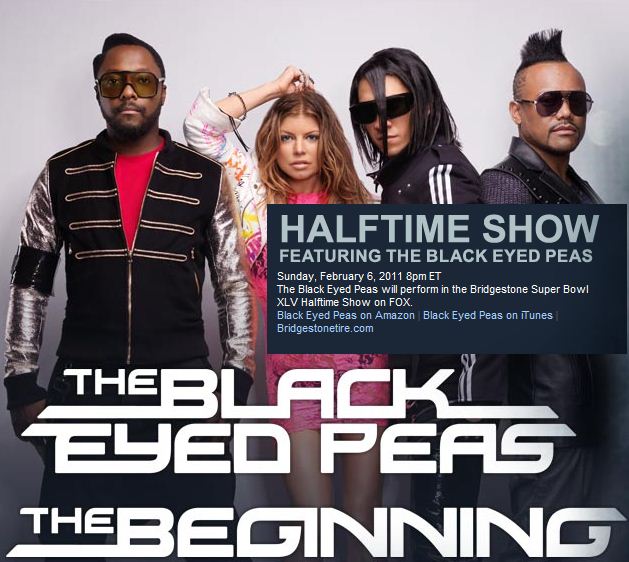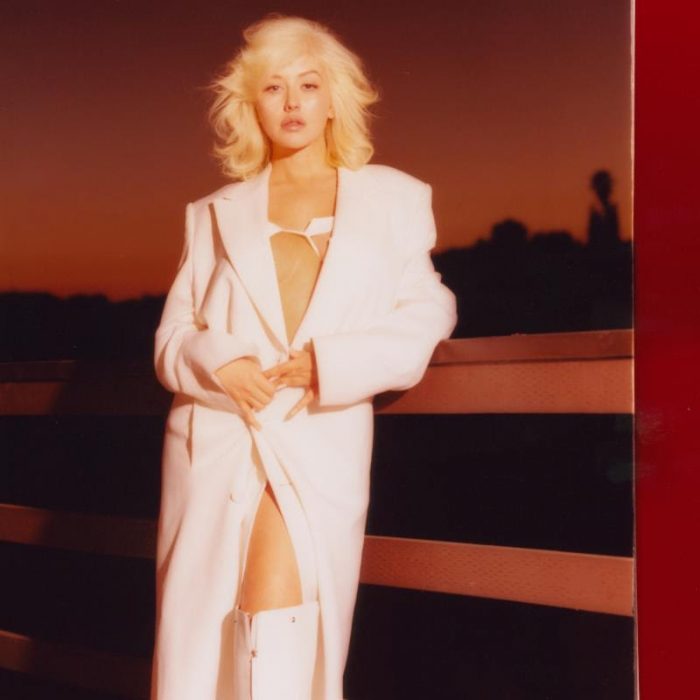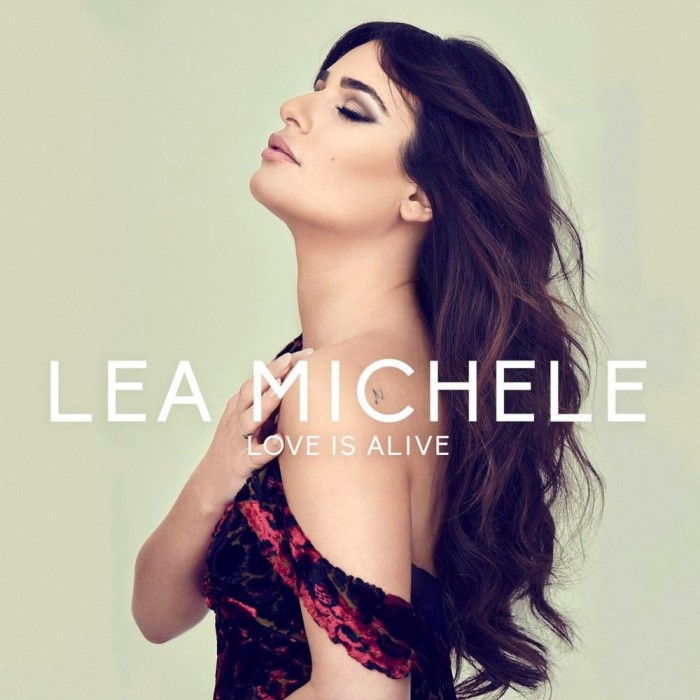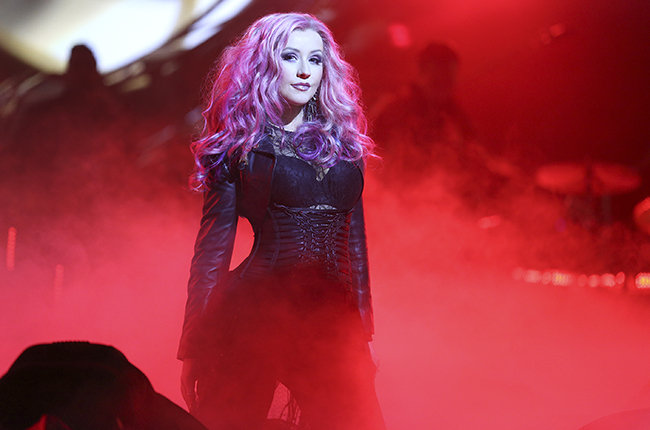
The Black Eyed Peas are the Bridgestone Half Time headliner for Super Bowl XLV on Sunday, February 6.
Today I mentioned to a friend that I thought that the upcoming Super Bowl XLV (Sunday, February 6) was going to be the gayest Super Bowl ever. Interestingly enough, my comment sparked a heated debate about the notion of a “Gay” Super Bowl. Is it a positive or negative connotation? Can a seemingly “Gay” Super Bowl still appeal to a broad market?
With the announcement that Glee star Lea Michelle would be singing ‘America the Beautiful’ at this year’s Super Bowl, I passionately felt that America was in for one of the gayest sporting events in recent history, namely because of conglomeration of talent that is performing this year. In addition to Michele, Christina Aguilera is singing the national anthem, The Black Eyed Peas are performing at halftime, and Glee has secured the highly prestigious post-Super Bowl timeslot. Let’s look at the facts: Lea Michelle and Christina Aguilera are two big voiced artists that are hugely popular within the gay community and Glee is arguably the gayest show on television. While not necessarily the gayest musical group ever, The Black Eyed Peas are also immensely popular within the community.
Traditionally, the Super Bowl is the pinnacle of masculine athletic prowess. It is an event that exudes masculinity and raw, brute strength, two things that are unfortunately not included in the old-fashioned stereotype of a gay man. In addition to this backwards stereotype, the fact remains that not a single professional football player is openly gay. Sadly, for the majority of Americans, masculine athleticism and homosexually cannot co-exist together.
The tides, however, are changing. In wake of the ever-growing gay suicides, the national push to legalize gay marriage and the frequency of hate crimes against gay men and women, the national mindset seems to be slowly accepting that the notion of homosexuality is not purely black and white. Stereotypes need to be broken and I do believe that this “gay” Super Bowl is yet another stepping stone towards achieving that goal.
When I told my friend, who shall remain anonymous, that I thought that the upcoming Super Bowl would be the gayest ever, she indicated that my assessment was alienating and not fair. She believed that calling the Super Bowl gay in fact alienates a part of the audience who typically enjoys the experience. To a degree she has a point, but subjecting ourselves to the whims of homophobic, conservative Americans furthers to subjugate ourselves. She said “All I am saying is that the Super Bowl has picked performers that appeal to me, and I am happy they did because it draws in a female fan base that might not otherwise care about the Super Bowl. The world is not black and white. Those same performers also appeal to you, and they do the same for other people who are gay. The point of the matter is claiming it to be gay completely leaves out other groups of people who may enjoy the new twist on the entertainment of the Super Bowl. ”
In response I said, “Of course it’s not black and white. However, just look at all of the horrible things happening to the gay community worldwide. If I want to associate a group of talented artists with my community, so that there is finally a positive association, then that’s what I’m going to do. I’d much rather talk about a “gay” Super Bowl, then have to read one more new story about a gay person being murdered or killing themselves. I mean, there are no professional football players who are openly gay. It’s a huge problem that being openly gay could end any professional athlete’s career. I take anything that has to do with homosexuality very passionately and personally. Masculinity and strength are not mutually exclusive with being gay.”
While I understand where she is coming from, I do disagree. Change is only affective when backwards social norms and attitudes are challenged on a huge platform. As a gay man, when I call something like the Super Bowl gay, my choice of words has a powerful, positive connotation. A “gay” Super Bowl in fact is inclusive, rather than exclusive. To me it indicates that personal identity is completely fluid and it is amazing that a traditionally “straight” even would be able to embrace a more diverse side.
After a great deal of thought, I realize how incredibly proud I am of being gay and how I know it has made me a stronger, more compassionate person. Being gay is something that is a solid part of my core being and as a result, I don’t mind being given that label when other people think of me. Those who suffer because of who they are make greater impacts on the world that ever thought possible. As a gay man, my use of the word gay has nothing but positive connotations and speaks of a world of pride, love and acceptance. Truth be told, is a straight person were to call the Super Bowl gay, his or her statement would almost immediately be condemned as homophobic. Hopefully, the ever growing prominence of homosexuality in main-stream society will create a lexicon where every usage of the word “gay” emanates positive connotations.
At the end of the day, I am personally thrilled at the idea of a “gayer” Super Bowl taking place this year. It is this kind of national platform that will hopefully continue to mainstream the end of homophobia and the hatred that still permeates our world.
















[…] and get a little drunkie boots, (as long as you aren’t driving…) After all, this year the Super Bowl is pretty damn gay. Check out the venues showing the game today: RPlace Biggest, Gayest Super Bowl (Glee) Party Ever […]